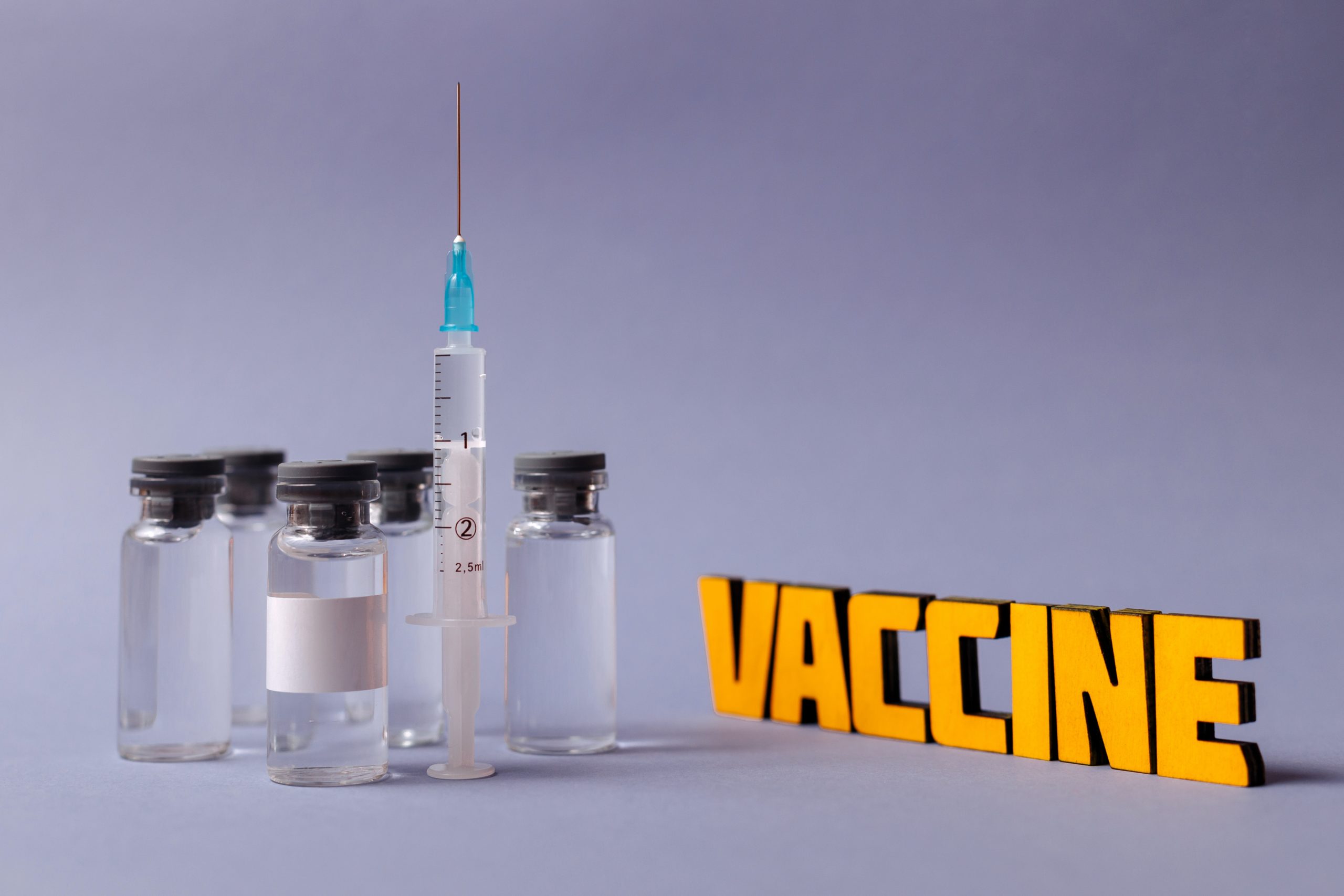On March 4, 2021, the Department of Fair Employment and Housing released updated COVID-19 guidance for employers. For the first time, the guidance addresses mandatory COVID-19 vaccinations. (Yes, finally!)
California employers may require applicants and employees to be vaccinated, provided the vaccine is “FDA-approved” and the employer: (1) does not discriminate against or harass based on a protected characteristic; (2) provides reasonable accommodations for disabilities and sincerely-held religious beliefs or practices; and (3) does not retaliate for engaging in a “protected activity” (e.g., requesting an exception from the vaccination requirement as a reasonable accommodation). The guidance includes a link identifying the Moderna, Pfizer, and Johnson and Johnson vaccines as FDA-approved, even though they are subject to the FDA’s Emergency Use Authorization.
Here are the key points related to mandatory vaccination programs:
• Employers must excuse an individual with a disability-related reason, unless doing so imposes an undue hardship. Employers should consider whether the individual can work from home, or “whether reasonable procedures and safeguards could be put in place at the worksite that would enable the employee to work without endangering the employee [or applicant] or others.”
• Employers must excuse an individual due to their sincerely held religious beliefs and/or practices, provided an accommodation is available that, “eliminates the conflict between the religious belief or practice and the vaccination requirement and may include, but is not limited to, job restructuring, job reassignment, or modification of work practices.” The DFEH stated that the accommodation may not include segregating the employee from other employees or the public, unless the employee requests it (interestingly, this requirement is not applicable to disability-related accommodations).
• There is no obligation to accommodate an individual who does not “trust that the vaccine is safe,” or who has other political or social concerns about vaccines.
Employers that self-administer vaccination programs may require applicants and employees to complete an appropriate pre-vaccination screening questionnaire, and to provide proof of vaccination (so long as the documentation does not contain medical information). These documents must be kept confidential.
Read the full document here.




 Trending
Trending